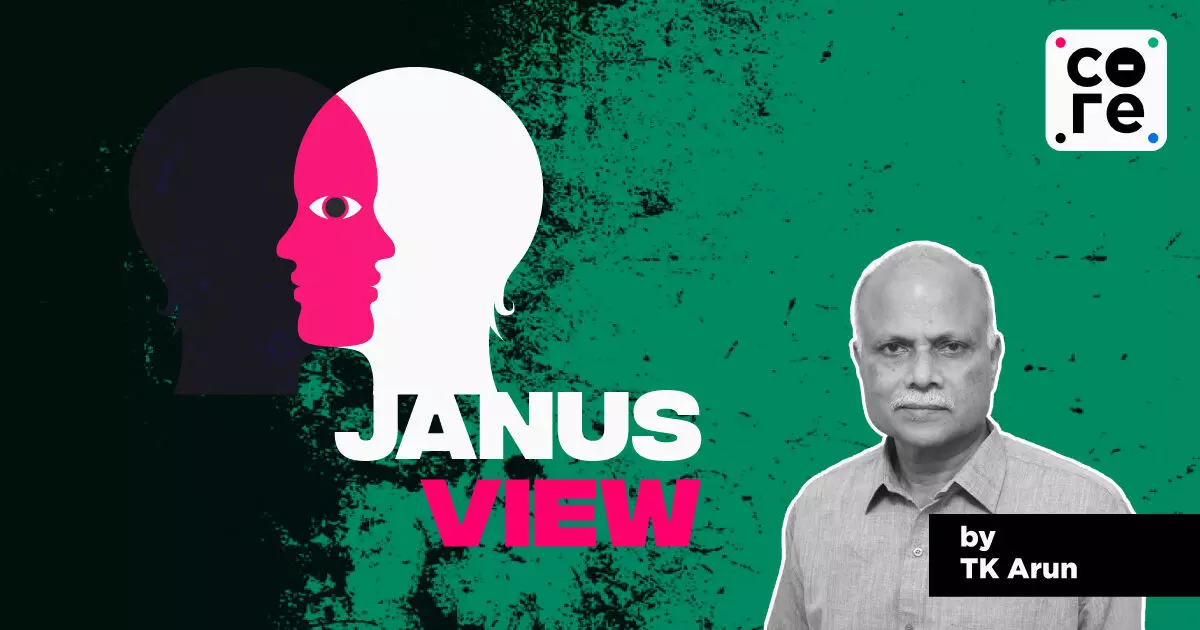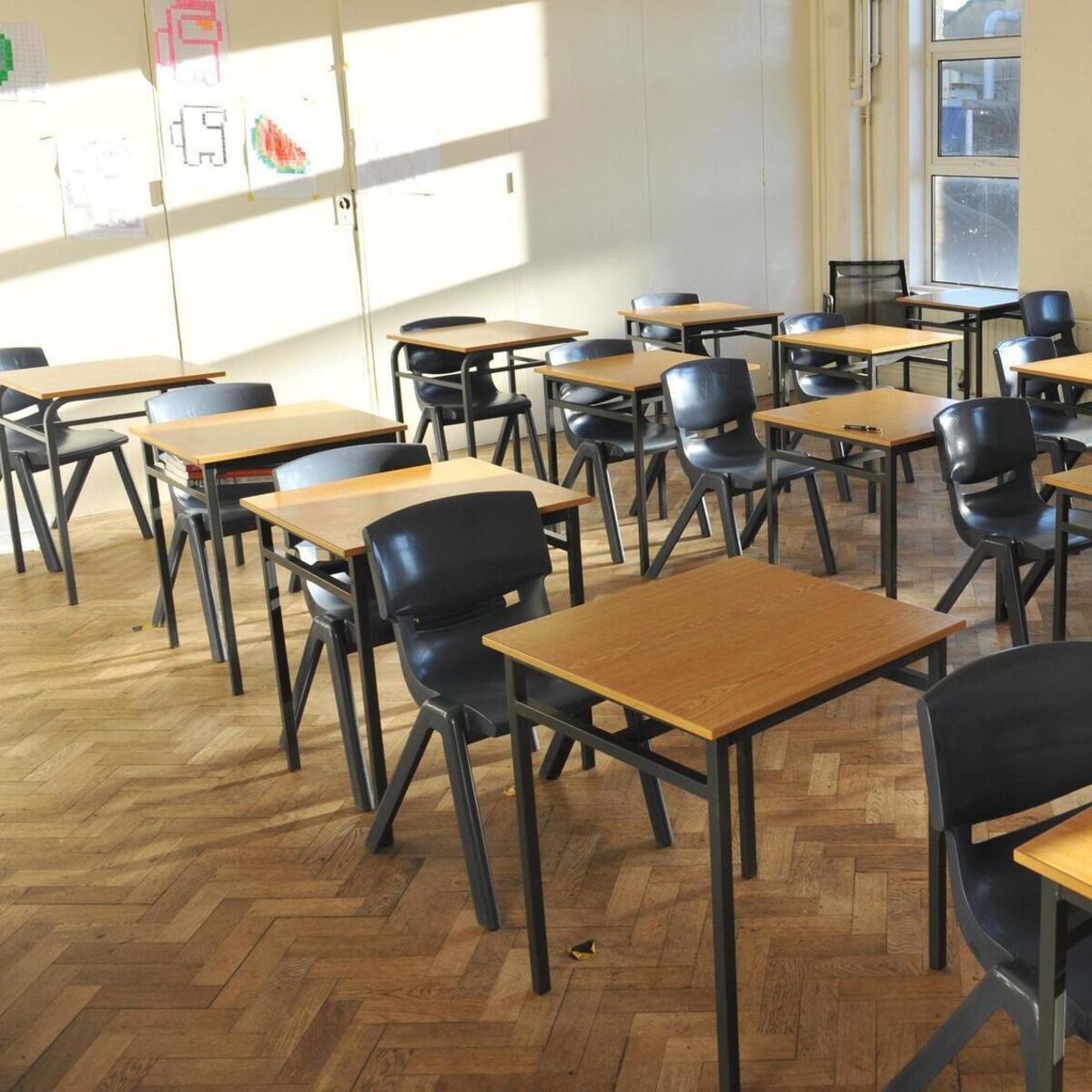By Tk Arun
Copyright thecore

The US Fed cut rates last week, and US stock markets rose, with the tech sector concentration showing no signs of easing up. In India, while the markets have been volatile as usual, the Nifty Fifty is decidedly higher than where it stood at the beginning of the month.Foreign portfolio investors continued to take money out of India, even as domestic investors continued to plough their savings into the market, to feast on initial public offerings, with undaunted faith in the future of India’s growth story. Visa Fees Fallout Last Friday, US president Donald Trump increased the fee for an H1B visa to $100,000. This would force American companies to hire more American college graduates and stop the practice of companies bringing in low-paid workers from abroad to work in the US, he said. The majority consensus was that Indian information technology (IT) services companies like TCS, Infosys, and Wipro would be hit. This is plain wrong. The people who would be hurt the most are American students at American universities. Indians overtook the Chinese as the largest national contingent of foreign students in US universities in 2024. They pay the full sticker price for their education: one estimate says that while they account for 12% of the student population, they contribute 28% of the tuition fees collected. This means that foreign students cross-subsidise American students. With the H1B visa fee hike, a fresh graduate would have to secure a job with a starting salary of $183,000 ($83,000 is the minimum remuneration required to hire a foreign worker under H1B). Very few jobs are available for a fresh graduate at that salary. Which means that the visa fee hike makes the American job market outside the reach of a fresh graduate. Why, then, would they enrol in a US university in the first place? Sure, graduate students might still go to the US to pursue courses in areas such as artificial intelligence and biotechnology, where someone with a PhD might earn a salary that covers the cost of the visa. US universities are facing a demographic crunch, with admissions having peaked in 2010. If foreign students are shut out, thanks to the visa fee hike for a job after their education, some universities would struggle. IT Will Adapt What about Indian IT companies? They would adapt. They would automate the work that can be automated, relocate some workers to nearby jurisdictions like Canada and Mexico, which offer locations close enough for US-based supervisors to fly in and manage teams, and find ways to get much of the work done back in India. The competition to Indian IT services companies would face similar labour shortages as Indian IT companies, and Indian IT companies would pass on the additional cost of adapting work to fewer workers on H1B visas to their clients. The cost borne by American companies that engage Indian IT service companies would go up, that is all. Many H1B visa workers are hired by US tech giants such as Microsoft and Amazon. They would have to choose between raising their outlay on Indian workers in the US and raising their outlay on additional Indian workers in India. The net result of the visa fee change might bring more work to Indian cities, and more Indians spending sleepless nights working to American schedules. Kimmel’s Cancel Reversal Providing clear evidence that capitalism and democracy, however imperfect each might be, reinforce each other, ABC decided to bring back late-night TV host Jimmy Kimmel, after suspending his shows following his comments on the killing of Charlie Kirk, the rightwing youth activist. President Trump had suggested that the Federal Communications Commission (FCC), the US TV regulator, should probably cancel the licences of TV stations that hosted shows overly critical of him. The head of the FCC had said networks could be made to rein in critical hosts the hard way or the easy way. Such threats are more common in countries that are essentially authoritarian than the US. However, after viewers of other Disney-owned networks started boycotting their channels, Disney decided to reinstate Kimmel. Even as the government of India makes bold announcements of India making advanced semiconductors, offering foundries subsidies that could extend to 50% of the capital cost, the folly of this folly has been brought to light by a signal success. Innovation Without Ownership Indian engineers have produced the design for a three-nanometre chip. It has been taped out, meaning it has been made available for pilot production to a foundry that converts the design into a semiconductor. Another team of Indian engineers are working to design a two-nanometre chip. These are at the cutting edge of chip manufacture. How does the word folly fit in anywhere near such achievement? Indian engineers might have designed the chip, but the intellectual property rights over the chip belong to the Japanese company, Renesas, in the case of the three-nanometre chip, and to the British…



